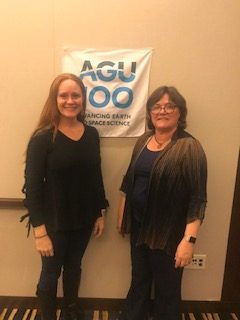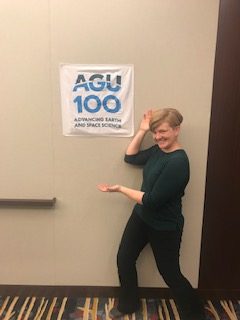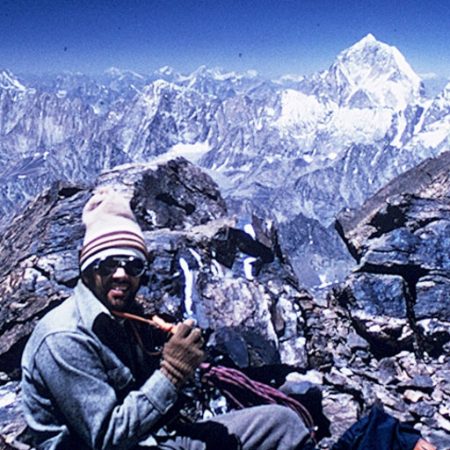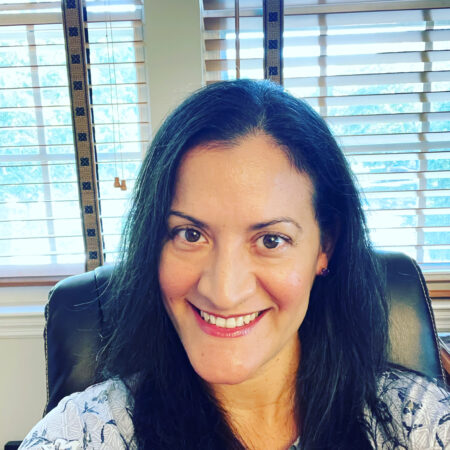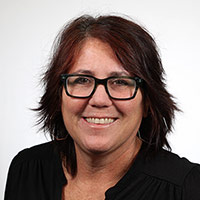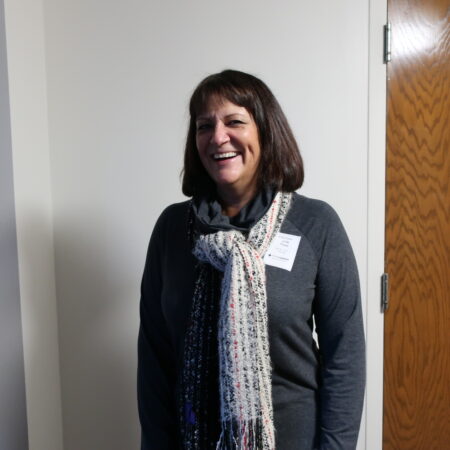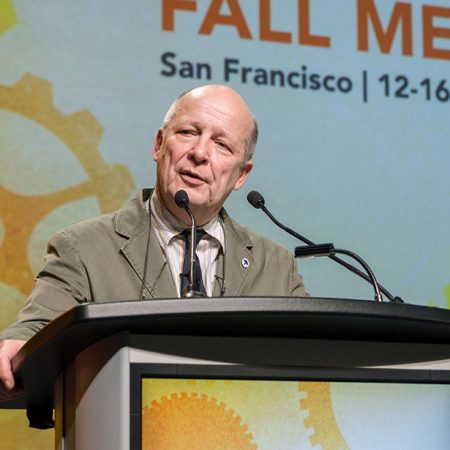Refine
Date Range Clear
Recorded by Clear
Keywords Clear
Partnerships Clear
- Providence 5
- UT Austin: McCombs School of Business 3
- Providence Institute for Human Caring 2
- Providence Mount St. Vincent 2
- WGBH Educational Foundation 2
- 2023 Mobile Tour 1
- Community Voices of Lake Geneva 1
- El Paso, TX 1
- Hauser & Wirth 1
- Minot Sleeper Library 1
- Providence Hospice Portland 1
- VPR 1
Organizations Clear
- American Geophysical Union 82
- NASA 18
- AGU 9
- National Aeronautics and Space Administration 9
- Andover Center for History and Culture 5
- 47 more
Places Clear
- Washington DC 168
- AGU 2018 Fall Meeting 166
- AGU 2019 Fall Meeting 22
- San Francisco 20
- California 13
- 264 more
Languages Clear
Initiatives Clear

Pauline Katz (25) interviews Melody Chapin (25) about growing up poor, moving to a new community, recognizing racial and experiencing social interactions and demographic change as a result of neighborhood gentrification, and grappling with the fear of a loss of...
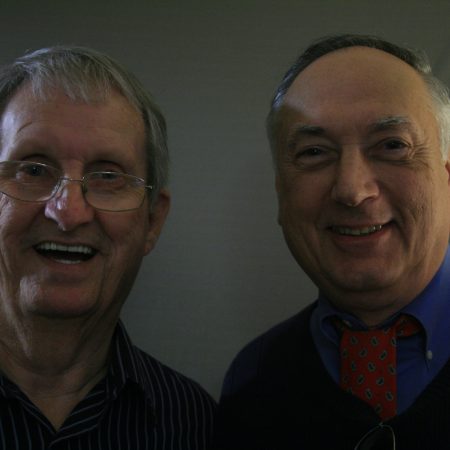
Merrill, 72 was Kerry's, 65, commanding officer in a medical unit and dispensary in Vietnam. They talk broadly and generally about the cohesion and camaraderie of their very diverse unit while in Vietnam, as well as some of the work...
James Butler has studied atmospheric chemistry, ozone depletion for over thirty years. Now, as the Director of NOAA’s global monitoring, he helps direct research into the hole in the ozone layer and climate change. He knows firsthand that we have...
Bidyut Bikash Goswami has found that people are very interested in his field of climate science and meteorology, even if they don’t fully understand it at first. He notes that people tend to assume that climate science means climate change...
Daniel Minguez, a geophysicist for Chevron, helps create new geologic models of the earth’s layers, trying “to build geologic stories for how different geologic elements got there.” Daniel discusses his work which focuses on boring techniques and navigating plate tectonics....
As a child, Luke Oman was always looking out the window. Today, he works on atmospheric processing for NASA. How do volcanic eruptions affect everyday life? What happens when sulfur dioxide gases from volcanoes interact with sulfate aerosol and stay...
In the mid-1990s, the town of Libby, MT, discovered they had a serious problem. The small town of fewer than 3000 people had reported over 300 fatalities from asbestos contamination. Enter Aubrey Miller, from the EPA, and Geoff Plumlee, from...
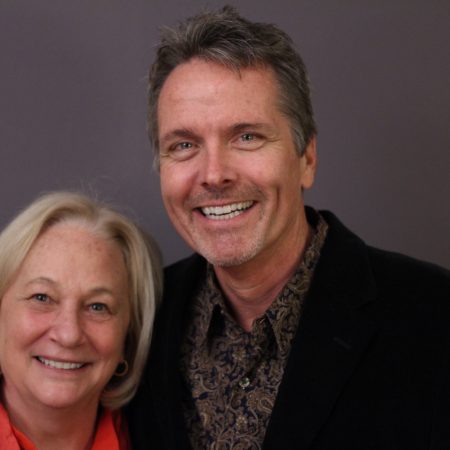
Chuck Supple (57) and Susan Stroud (66) have a conversation about their introduction to service, and about how they changed the landscape of higher education, as nearly all schools now have a venue for volunteerism on campus.
AGU Virtual Poster Showcase Winner Stephanie Schneider, doctorate student at the University of Toronto
Story of Petty Officer 1st Class Somphouv Somkhoun’s life in the United States Navy.
The next time you see a young kid skateboarding through the neighborhood, possibly listening to punk rock on their earbuds, remember that one day that kid could be your local science professor. Doug Jerolmack’s sturdy voice and love of experimenting...
Ingrid Hendy, Professor at the University of Michigan and section president-elect, shares stories about discoveries in her field and the challenges she faced. She reflected on the curious zebra striped sediment that lured her into her field – mud she...
Richard Johnson is an AGU member who has been coming to Fall Meeting for years. He discusses some of the keynotes he’s attended in recent years, like those by Jerry Brown, Elon Musk, and Dan Rather. A sci-fi enthusiast, Richard...
Glenn Orton is so deep in Jupiter mission information that he gets envious when he’s not involved in a space project studying the gas giant. The senior research scientist at the NASA Jet Propulsion Laboratory studies the composition and structure...
While Patrick Taylor spends a huge chunk of his time in the clouds, his work has nothing to do with daydreaming. The Research scientist at NASA’s Langley Research Center is working on understanding more about the role of clouds in...
Seismologist Lucy Jones gained recognition for doing a TV interview following the 1992 Joshua Tree earthquake while holding her sleeping infant son. Long before that, she became one of the first American scientists to enter China after it’s normalization in...
Gin Lai Kwei Yee (PoPo 93) talks with her only granddaughter Jacqueline C. Larriva (36) who was raised by her PoPo for a majority of her life. Jacque interviews her PoPo about life and growing up in Guangdong (formerly Canton)...
Emily Wolin is almost singe-handedly trying to upgrade Myanmar’s national seismic network. As a student, Emily saw the Mount Saint Helens eruption. Today, she helps scientists in Myanmar prepare their country for the aftermath of the next hurricanes to come...
Sandra Cauffman was told growing up in Costa Rica that she couldn’t be an electrical engineer because she was a woman. Decades into a career which has largely involved getting her hands dirty building instruments to fix on spacecraft, the...
Distinguished Professor of Environmental Science & Management at UC Santa Barbara speaks with Ph.D. candidate in the Hydrogeology program at the University of Nevada, Reno.
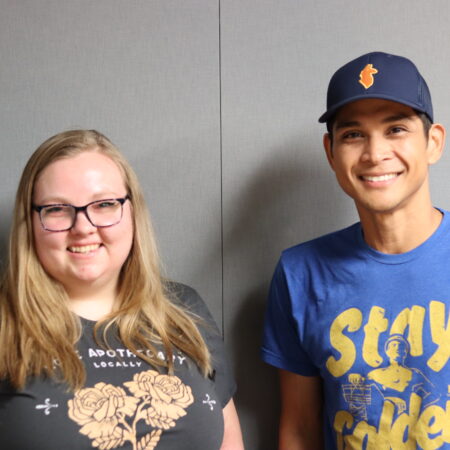
One Small Step participants Shasta Steinert (28) and Arvin Fontarum (38) talk about not being fully represented by either political party, the way people express their beliefs to others, and how learning and experiencing more has shaped their beliefs today.
Delia Santiago-Materese is a program scientist at the NASA’s Planetary Space Division in Washington, D.C., where she helps facilitate science and works with the community to make decisions about where NASA’s scientists should be exploring next. She spends her days...
Cynthia Hall is the community coordinator for NASA’s Transform to Open Science program, where she works with organizations and communities to build diverse scientific collaborations with NASA. She works to make scientific research and processes more inclusive and accessible to...
Julie shares with Storey about her introduction to The Mount, her volunteer experience and the resident experiences that touched her.
Denis-Didier Rousseau, Senior Research Scientist at Centre National de la Recherche Scientifique, and Fall Meeting Program Committee Chair shares how at six years old he set the goal to be a paleontologist. He discusses how that has shaped his life...

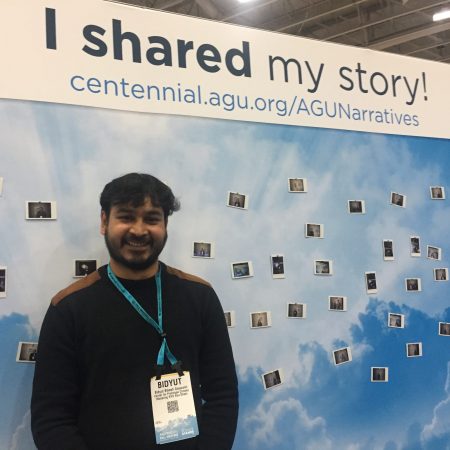


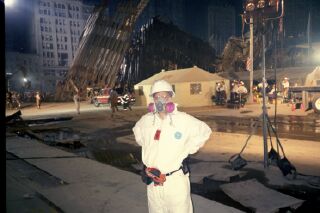
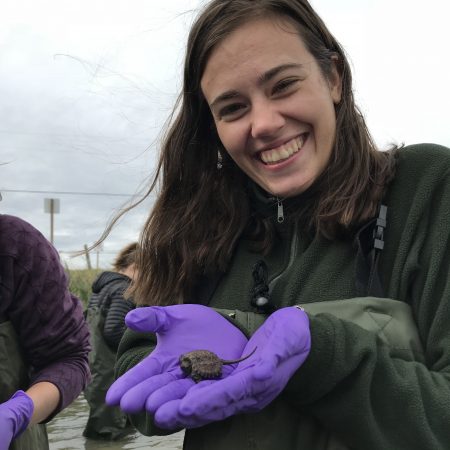
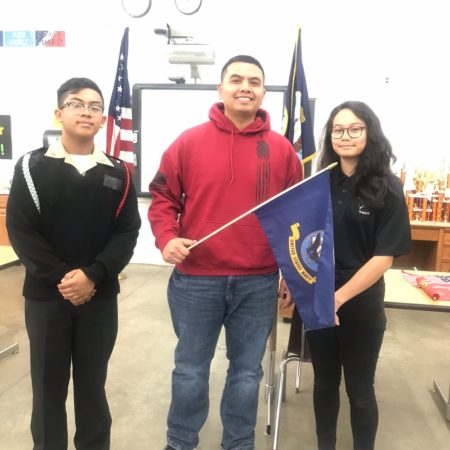
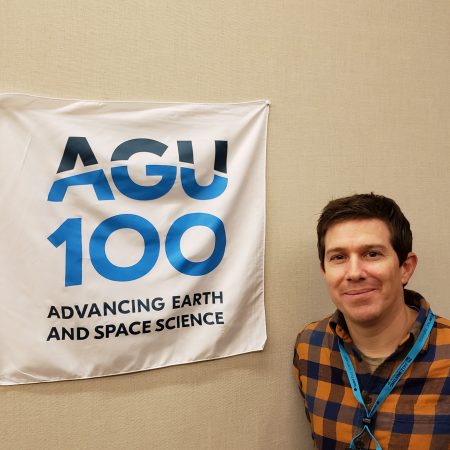
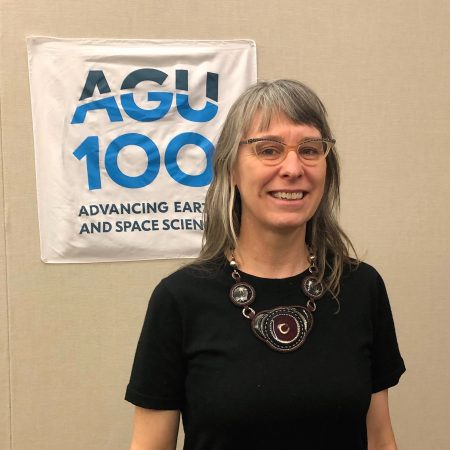
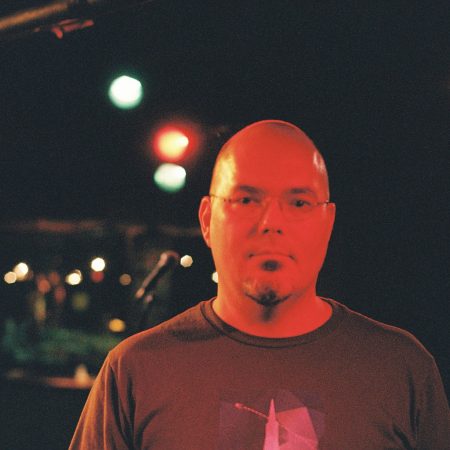

!["Something I learn today is something that [could help] society tomorrow." an interview with Patrick Taylor](https://archive.storycorps.org/uploads/2019/02/181211_PatrickTaylor-450x450.jpg)
